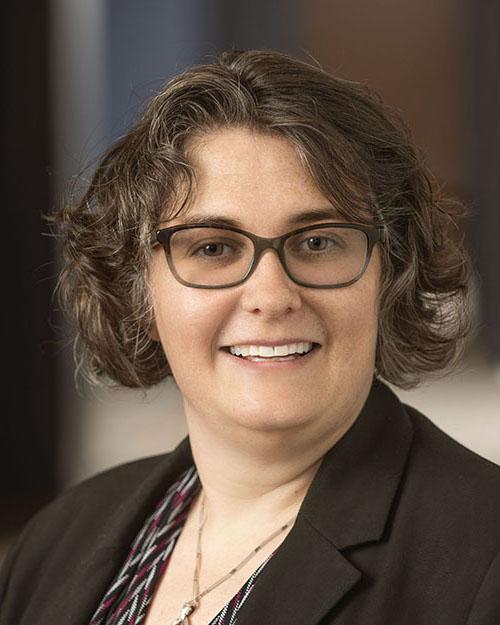Can Sleep Disturbances Cause Increased Stroke Risk?
May 24, 2023
This article was reviewed by our Baystate Health team to ensure medical accuracy.
 Karin G. Johnson, MD
View Profile
Karin G. Johnson, MD
View Profile

Health & Wellness Tips
Related Articles
-
Coping with Illness
![Man on couch coughing into clenched fist.]()
What Is COPD? Understanding Symptoms & Early Signs
-
Coping with Illness
![New Alzheimer's Disease Drugs Receive FDA Approval, Offering Hope]()
New Alzheimer's Disease Drugs Receive FDA Approval, Offering Hope
-
Coping with Illness
![surgeons in operating room performing heart bypass surgery]()
What is Heart Bypass Surgery? CABG Surgery Can Be a Lifesaver
-
Coping with Illness
![cardiac myxoma heart tumor diagram]()
Can You Get Heart Cancer? It's Rare, but Yes. Learn the Symptoms
-
Coping with Illness
![a hugging couple coping with grief during the holidays]()
Grief During the Holidays: Ways to Celebrate While Grieving
-
Wellness & Prevention
![feet in socks by a winter fire]()
Health Tips for the Holidays: Strategies to Stay Fit and Jolly
-
Wellness & Prevention
![a woman discussing pancreatic cysts with her doctor, waiting for an MRI scan]()
Are Pancreatic Cysts Dangerous? Do They Cause Pancreatic Cancer?
-
Wellness & Prevention
![When to Get a Flu Shot]()
When to Get a Flu Shot, According to Experts
-
Wellness & Prevention
![How to Prevent Holiday Heart Syndrome]()
Holiday Heart Syndrome: Knowing the signs could save a life
-
Coping with Illness
![A doctor speaking to her patient about medications for Parkinson's disease]()
Parkinson's Medication: Symptom Control, Improved Quality of Life
Back to Top












